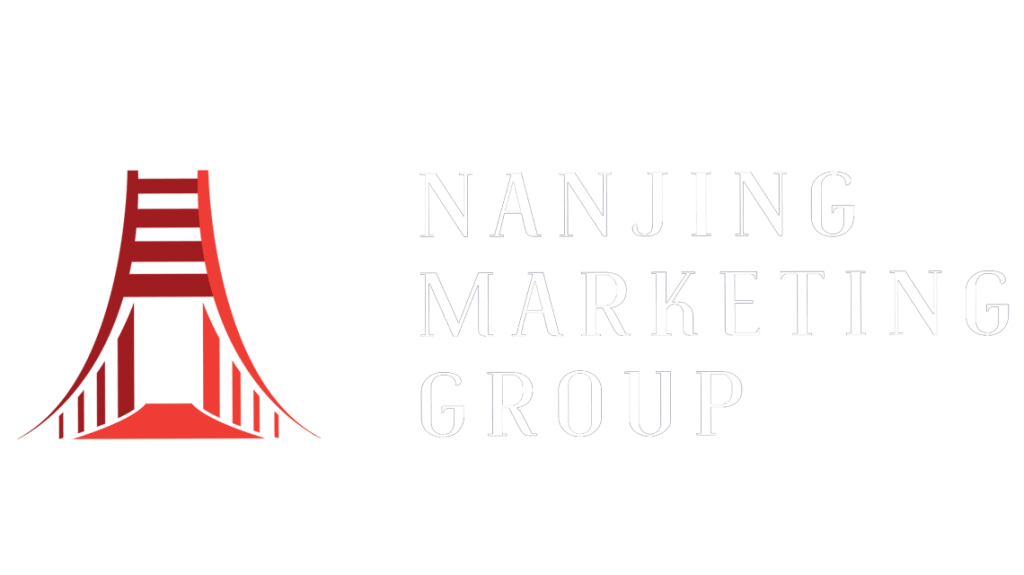I used to receive a lot of inquiries from Baidu pay per click clients about getting the top spot in the Baidu paid ad results. They’d say things like “I absolutely must be number 1, regardless of how much more we have to pay” and “How come my site isn’t number 1 anymore? Please help me get back to number 1 right away.”
I’m not sure if this is the case everywhere or only in China, but I know that there are quite a few Chinese managers that feel they absolutely need the number 1 position. To them, it’s about their company’s ‘face’. Being number 1 on Baidu search results shows that they are number 1 in the real world.
This explains why prices for some keywords have been pushed up way higher than they should be. When two competitors both compete for the number 1 spot without regard to expenditures, the price gets hyped up to an extreme. Back in 2007 when it was still easy to find the exact bids of competitors (this was before Baidu’s Phoenix Nest was released), some Baidu PPC customers would check bids repeatedly throughout the day watching for changes in rankings. As soon as somebody else stole the top spot from them, they’d immediately increase their own bid. I saw a keyword with a bid of 0.3 Yuan get hyped up all the way to 35.6 Yuan. Considering the true value of the website visits, the bid was much too high.
So why are they willing to pay more per click than a visit to their website is worth? Baidu’s users trust Baidu, and that means they place more trust in the #1 search result. They think the top search result is the best website related to their search intention.
That’s why so many marketing pay per click clients will fight tooth and nail for the top spot. But in the end, they both lose. Baidu is the one that gains the most. It reminds me of an ancient Chinese saying: “When the crane and clam compete, the fisherman wins.” The story goes that when a clam opened up to get some sun, a crane came up and pecked at it. The clam shell slammed shut, pinching the crane’s beak and locking them both in an awkward position. This allowed a fisherman to come by and catch them both. When two competitors get locked in a battle for number 1 on Baidu, it’s Baidu that wins.
This analogy could also be viewed one other way. As two competitors compete with each other in a way that harms them both, a third competitor has room to outsmart them. A third competitor may choose an appropriate bid on Baidu then use additional marketing funds for other keywords on Baidu, other Baidu products or other marketing channels altogether.
Instead of fighting for number 1, marketers should choose the appropriate bid for each relevant keyword based on the value that visitors that click the ad associated with that keyword bring to the their business. They should objectively consider return on investment.
In the most basic sense, the value of a visit to your website is equal to the value of a conversion multiplied by the conversion rate. If you value a conversion at $100, and your conversion rate is 2%, then a click is worth $2, which would make an appropriate bid. When choosing your bids, there are other factors to consider as well, and that would make a good topic for another blog post. In short, other factors include micro conversions (conversions other than your main goal, such as a sign up for your newsletter), the value you place on data gained from your pay per click efforts, branding considerations and invisible conversions.
There are different methods of evaluating the value of a click, but my point is that marketers should attempt to value a click using a logical and systematic approach.

